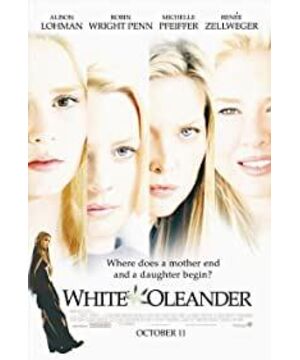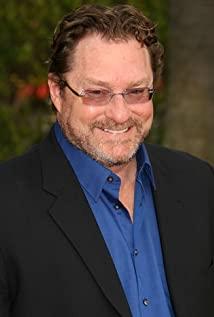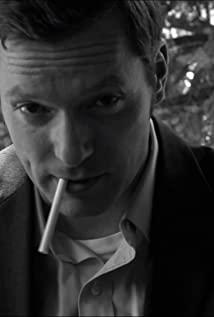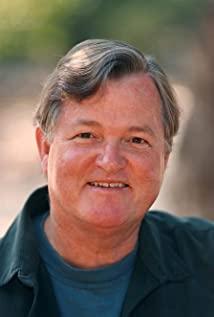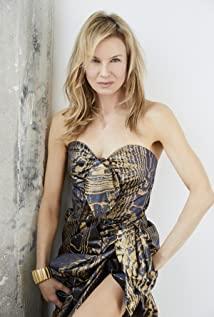The white milk was slowly poured into the glass, and the white oleander was inserted into the glass, psychedelic white, and then the sound of the glass breaking was heard, and the picture was chaotic. go.
After many years, I can only remember a few fragments of this movie, and this is the deepest impression among them. I still remember our beautiful and elegant English teacher was sitting next to me when I put this clip, I asked the teacher what was going on, she explained in beautiful English, this flower is called oleander, it is poisonous, the girl's mother Mixed with oleander and a drug mixed into milk, poisoned his boyfriend.
Later, I met the white oleander in real life. Looking at the pure white and holy flower, I always have a strange feeling: it is poisonous, it is poisonous. Subconsciously, I took a few steps back.
There is a beauty that can only be seen from a distance, not touched, it is dangerous, with an air of destruction.
Perfect, she is independent, confident and strong. But she is also dangerous and extreme. For betrayal and what she cannot get, she chooses to destroy.
After her mother (named Ingrid) goes to prison, the girl (named Astrid) lives in foster care. The mother keeps in touch with Astrid by writing letters, and she hopes to make her daughter another version of herself - independent, confident and strong. But she seems to have overlooked that her strong control and independence and self-improvement are precisely contradictory.
Mother has always been a perfect existence in Astird's mind, she admires her, and even feels a little inferior because of it. But in a series of foster care life, her self is awakening, her inner values are constantly conflicting and adapting with the outside world, and then absorbing new things, and the contradiction between her and her mother is getting bigger and bigger.
In the first family in foster care, Astrid was taken by his mistress to be baptized in Christianity. When Ingrid discovered the cross on her chest, she was displeased. But Astrid sees nothing wrong with being a Christian. The two clashed for the first time.
Ingrid: I raised you, not a pack of Bible-thumping trailer trash. I raised you to think for yourself.
Astrid: No you didn't. You raised me to think like you.
Astrid didn't stay long in the first family , the hostess suspected Astrid had an inappropriate relationship with her boyfriend Ray and shot her.
Fortunately, he was rushed to the hospital in time.
After the injury, she was sent to a child welfare home. There, Astrid was ostracized by a bunch of girls, who scolded her for bitch and for stealing other people's boyfriends.
She suddenly hated the beauty inherited from her mother, she cut off her long hair by herself, and was indifferent in the face of people mocking her for being ugly.
She concentrates on painting. She often draws a woman, Annie, she doesn't actually know who Annie is, but Annie stays in her mind and she is convinced that there is some connection between them.
The beautiful and lonely girl attracts Paul, a boy in the orphanage who also loves to paint.
Paul slowly walked into Astrid's heart. They fled together during group outings, went to bookstores to read picture albums and buy books together, and sat under the night sky to watch shooting stars together. She excitedly shared Paul's paintings with her when she visited her mother, praising him sincerely as an artist. However, Ingrid felt that the boy's qualifications were mediocre, but he just filled her heart when her daughter was empty.
Ingrid: Don't attach yourself to anyone who shows you the least bit of attention because you are lonely. loneliness is the human condion. No one is ever going to fill that space.
Astrid: You are not talking about me. You are talking about yourself. Sometimes I think you don't want me to be happy.
It didn't take long for Astrid to go to a second foster home, Claire, an out-of-date actress whose husband never at home. With Claire, Astrid felt true love. She showed her the movies she acted, even though it was only a few seconds of footage; she showed her a lot of her jewelry; she took her for a run on the beach.
In a restaurant by the sea, their conversation sounded warm and philosophical.
Claire: Which was the best day in your life?
Astrid: today.
But the mother was once again dissatisfied with the outdated actress. She sees her as a weak and incompetent grudge, her daughter can't learn anything from her, and she'd rather her daughter be homeless than adopted by Claire. She is jealous of her daughter's close relationship with her.
Ingrid wrote directly to meet Claire and pointed out the problems with Claire's family. The conversation was the straw that broke the camel's camel, and when Claire's husband filed for divorce, she took pains to commit suicide.
Astrid's emotions collapsed to the extreme. She believes her mother killed Claire with vicious language. She specifically went to prison to cut ties with her mother. She felt that she and her mother were poisonous and would bring harm to the kind people who approached them.
So when Astrid faced adoption again, she rejected a well-off, well-educated family, and chose a Russian businesswoman with an explosive head, a black leather jacket, and a black leather skirt.
She began to degenerate, smoking, drinking heavily, wearing heavy smoky makeup, wearing almost black lipstick, and wearing scantily clad.
Until one day, Ingrid's lawyer approached Astrid and wanted her to testify for her mother.
Mother and daughter finally meet again. Seeing Astrid again, Ingrid couldn't believe that the person in front of her was her own daughter. She said sadly that Astrid is now dressed like a street girl. Astrid didn't care, maybe she still had a sense of revenge in her heart. In this extreme way, she is taking revenge on her mother who wants to control everything.
She asked her mother to tell her the truth.
She then learned who her father was from her mother, an artist father who had offered to see Astrid when she was eight, but Ingrid had turned it down. She also finally knew that her mother had abandoned her for more than a year. During this time, the kind neighbor named Annie took care of her meticulously. It was Annie.
This is the truth that Astrid is struggling to find. The truth is so cruel, but it is the bloody truth.
Astrid denounced her mother's actions, and she asked her to let her go.
Ingrid: I made you. I'm in your blood. You don't go anywhere until I let you go.
Astrid: Then you let me go.
Ingrid's case is open, and Astrid is standing outside the court, waiting to testify, Inner conflict.
Unexpectedly, Ingrid admitted the crime herself, and she did not let her daughter Astrid come forward to give false testimony.
It's not so much Ingrid's self-salvation as it is a mother's love for her daughter.
She finally let go.
Eventually, Astrid moved to New York with Paul, and the two painted together. Ingrid continued to create in prison and held influential exhibitions. Astrid finally grew into a strong and self-reliant girl with independent thinking ability. She washed off her heavy makeup, changed back to her original appearance, and reached a reconciliation with her mother in her heart.
She also finally understood the love of this beautiful, proud and dangerous mother for her.
The highest state of love is letting go, not controlling. Don't do harm in the name of love.
View more about White Oleander reviews


